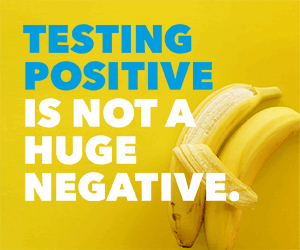Surprise and disappointment were tempered with hope this week from local environmentalists lamenting the recent resignation of Al Armendariz. The administrator for the Environmental Protection Agency’s regional office quit on April 29 amid criticism about remarks he made in 2010. He used a crucifixion analogy to describe his strategy of enforcement with industry, and the remarks were posted on YouTube. U.S. Sen. James M. Inhofe of Oklahoma, the ranking member of the Senate Committee on Environment and Public Works, announced an investigation into what he described as the EPA’s “crucify them” strategy to keep the oil and gas industry in line with the agency’s guidelines. It’s probably no coincidence that Inhofe’s primary backers include the coal and petroleum industries.
Local activist “Texas” Sharon Wilson put Armendariz’ remarks in context, saying he was addressing a distraught group seeking hope. “He was speaking to a group of citizens who were suffering from the natural gas production, and they were suffering from the failure of our state regulators to take any action,” she said. “What he was saying is, if a person broke the law they would be swiftly punished to keep people from breaking the law in the future.”
Other politicians, including U.S. Rep. “Smokey” Joe Barton of Texas, quickly pounced on Armendariz, who resigned under pressure. The irony isn’t lost on Wilson — Barton was the guy who apologized to British Petroleum for the White House’s “shakedown” of that company after its negligence resulted in the petroleum industry’s worst-ever offshore oil spill.
Fort Worth resident Gary Hogan, who has fought his own battles with Big Oil & Gas, said Armendariz could have ridden out the storm. “My first reaction was, I wish he didn’t apologize because I don’t think what he said was untoward,” Hogan said. “He was doing the job people expected him to do. Maybe some people in the oil and gas industry didn’t appreciate what he was doing, but there would have been plenty of citizens to stand by his side and not kowtow to the industry.”
Wilson, however, sees a silver lining in this cloud: “The industry shoots itself in foot again because now we have this brilliant scientist who actually cares about public health who cannot be corrupted with industry money, and he is now unfettered by government bureaucracy,” she said. “I feel strongly that he will continue to be involved.”












